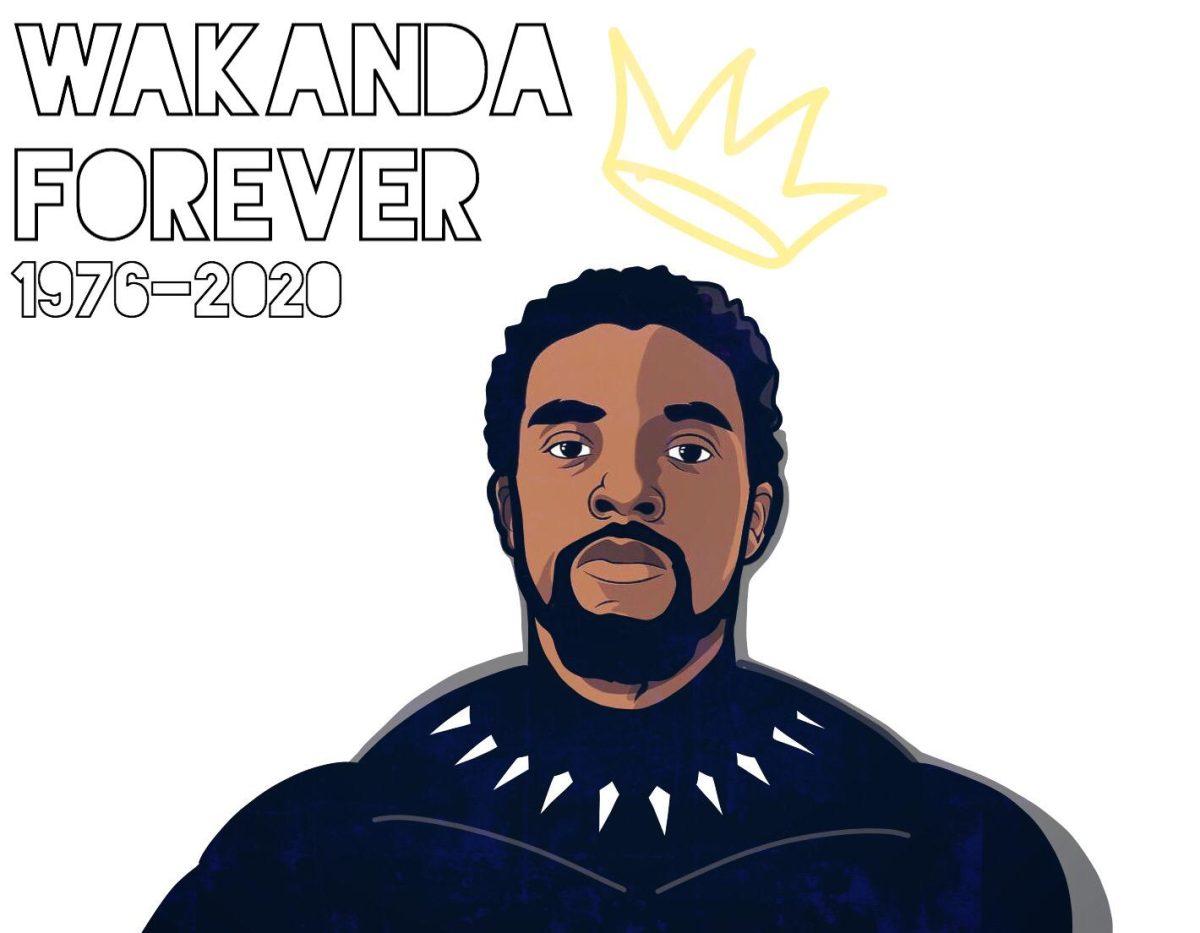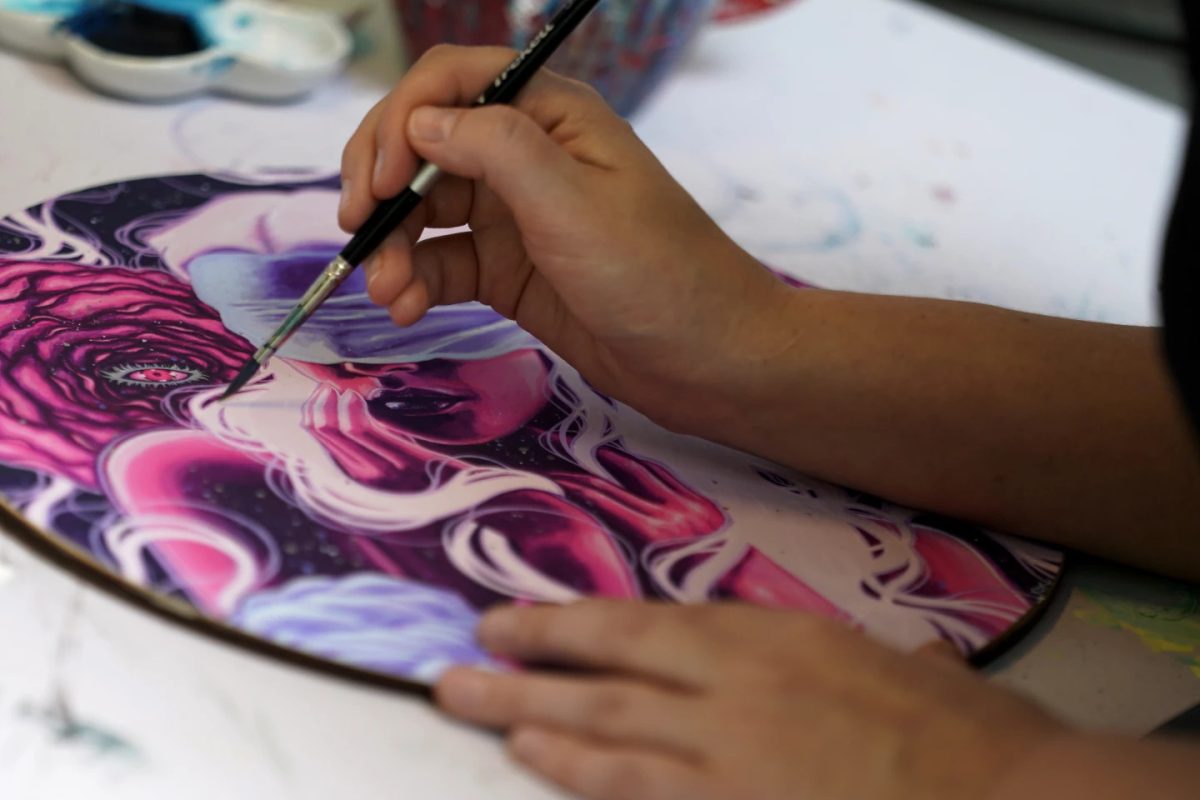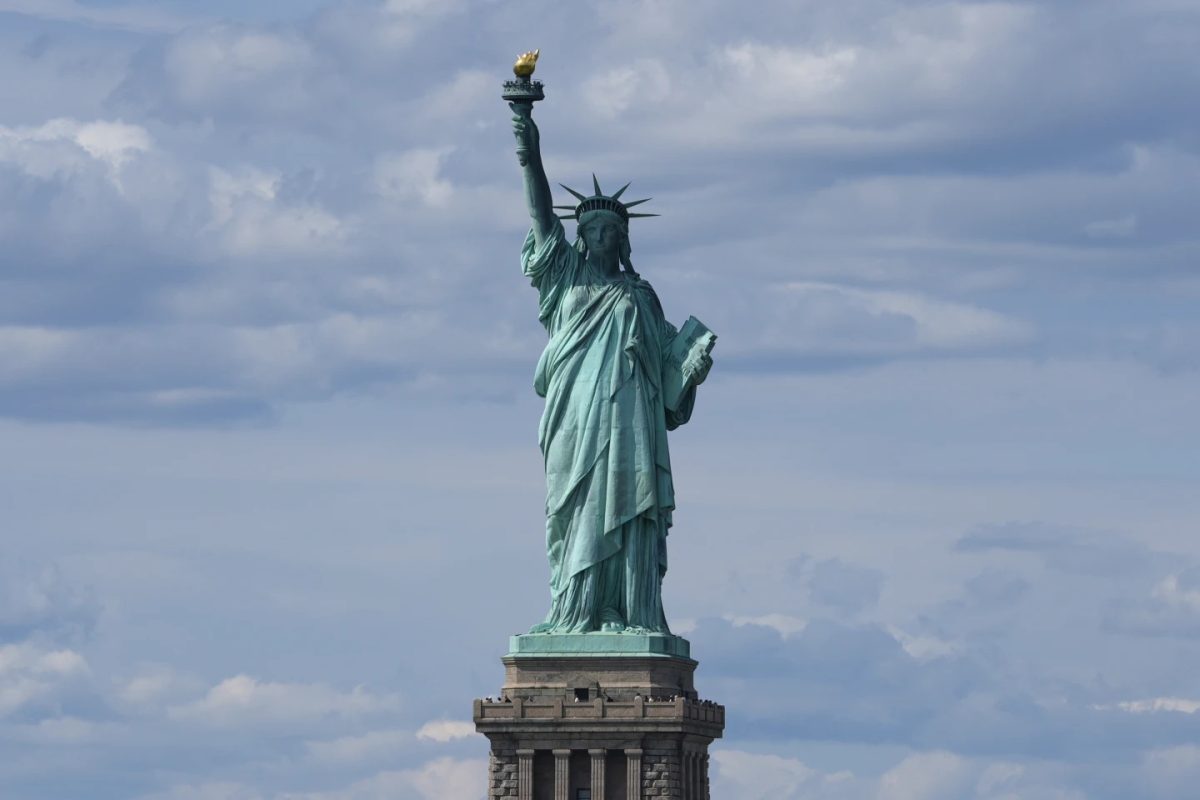In a year of unprecedented chaos, Chadwick Boseman’s tragic passing on Aug. 28, and the subsequent global mourning period it spurred on highlighted an interesting phenomenon of modern celebrity: the parasocial relationship.
Parasocial relationships are one-sided relationships between public figures and their audience members. With celebrity culture becoming such an integral force in many of our lives, the personal connection one feels in such a relationship can be stronger than their connections with loved ones.
Boseman, who died after a four-year battle with colon cancer, was no stranger to parasocial relations. Portraying a trio of historical Black icons in Thurgood Marshall, Jackie
Robinson and James Brown, as well as the first mainstream Black superhero, Black Panther, Boseman cemented his legacy as an inspirational figure to the masses.
While most fans never knew him personally, in some, Boseman’s death prompted similar reactions to the loss of a loved one. They lost someone they’d looked up to, someone who gave audiences representation, which was a form of love unto itself.
Boseman may be the most recent example of a mass grieving event for a celebrity, but there is a precedent for such a reaction. Just this year, Kobe Bryant’s death garnered similar media attention. Like Boseman’s fans, Bryant’s had engaged in a one-sided relationship with the basketball player that seemed to go beyond an appreciation for his work; it seemed the entire city of Los Angeles mourned him like a brother.
When a celebrity passes, the larger-than-life mystique around their identity crumbles away. We only ever see them at their best, so to juxtapose that heightened persona with the sobering effect of death is quite jarring.
I myself am not immune to the phenomenon of parasocial relations and was impacted immensely by the death of Carrie Fisher in 2016 and Stan Lee in 2018. Growing up loving Marvel comics and Star Wars and knowing that two people integrally involved in these things had passed away saddened me.
I’d had such good memories of watching Fisher as Princess Leia and reading stories Lee had set the groundwork for. However, I realized these memories were special because they were with my actual loved ones, not the public figures.
I vividly remember my dad showing me both Marvel Comics and Star Wars at a young age. Regardless of my connection to Lee and Fisher, it was my personal relationships within my family that made the impact of these celebrities’ deaths mean something.
Our relationships with celebrities, regardless of how important they may seem, are only shadows of real relationships; they’re terminally one-sided. No matter the impact their deaths have on us, we didn’t truly know them—we can only celebrate their legacies.
So, go hug your loved ones. Watch movies with them. Watch “Black Panther” or an old Lakers game if you’re feeling sentimental; just don’t forget to make new memories with the ones you care about most. Keep your favorite celebrities in your heart when they pass, but always remember: the most fulfilling relationships are mutual ones.
Domenic Purdy is a 19-year-old journalism sophomore from Prairieville.
Opinion: It’s time to re-evaluate your parasocial relationships
September 6, 2020
Celebrity death








